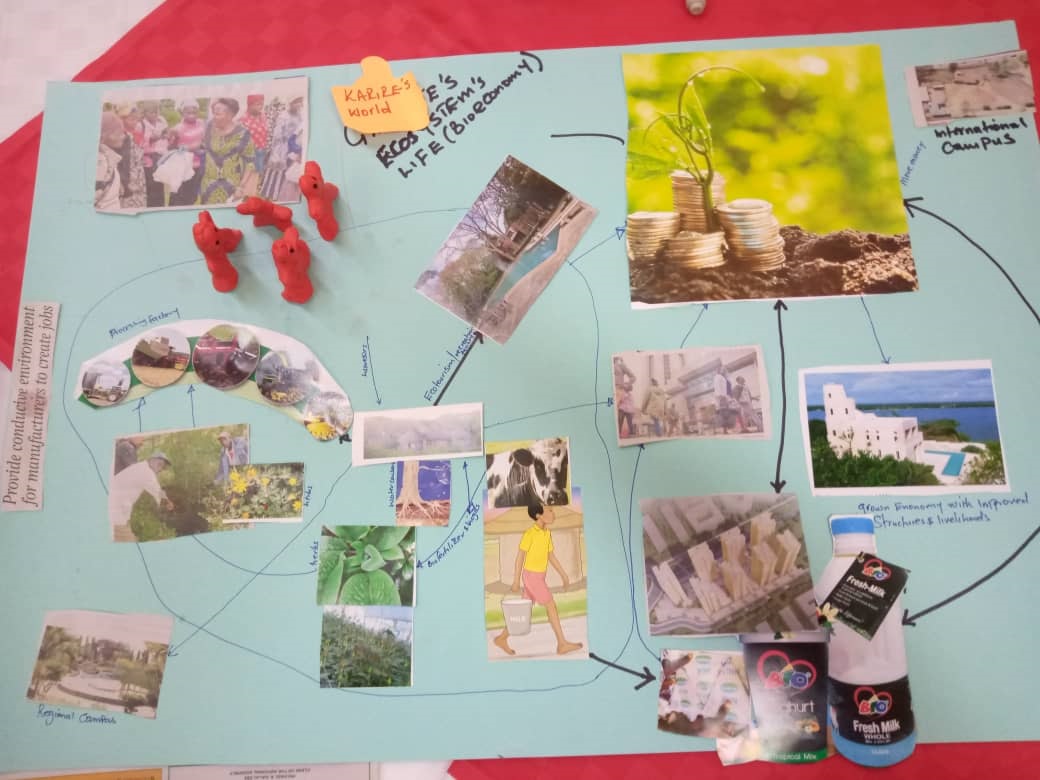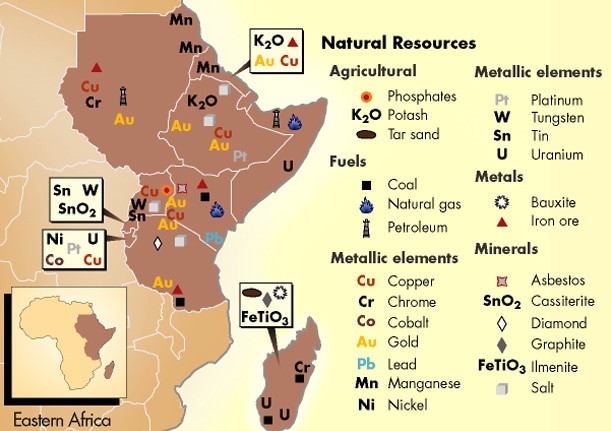
bioeconomy
(KDRTV News Nairobi)-Kenya and other six East African member countries have developed a common regional strategy to guide on efficient management of natural resources, for the common good.
The Bio-economy Strategy for Eastern Africa has been developed with participation from Kenya, Uganda, Rwanda, Burundi, South Sudan, Ethiopia, and Tanzania with a view to protecting the over-exploitation of the region’s economic resources.
The Bio-economy Strategy further advocates for measurable use of resources at the production and processing level, to be commensurate with consumer demand, to protect unnecessary exploitation of natural resources within the seven East Africa countries.
The Strategy which has been developed by the East African Science and Technology Commission (EASTECO), further seeks to harness the application of well-researched modern technologies and innovations at the farm production and factory to minimize on-production resources’ wastage.
The sectors that will be in focus are agriculture, food security, nutrition, health, medicine development, waste management, and urban growth.
The approach is expected to create job opportunities because of the application of modern technologies and innovations especially in the areas of biotechnology.
The EASTECO was established as a semi-autonomous institution to promote cooperation in the development of Science and Technology within the EAC by the 5th Extra-ordinary Summit of the EAC Heads of State in 2007.
READ ALSO: Kenyans ask government to give reporter Purity Mwambia security after exposing rogue cops
The strategy which is to be implemented within the period of 2021 to 2030, is part of the EAC Heads of State long plan to implement the necessary agendas enshrined in EAC Vision 2050, that are in line with global environment perspectives and continental aspirations.
Dr. Philip Osano, director, Stockholm Environment Institute – Africa Centre, one of the key players in the Strategy development, states that many of the region’s resources are interlinked, hence the need to develop a harmonized system to manage them. “You cannot talk of health and nutrition if your agricultural policies do not support soil and water resources conservation and protection from harmful chemicals.
Similarly, you cannot talk of food safety in the market if policies of your industrial practices do not emphasize on proper waste management,” Dr. Osano explains.
According to EASTECO Executive Secretary Mr. Fortunate Muyambi, the region’s shared common resources can double its GDP if its management is well harnessed. How to make more efficient use of agri-residues and bio-waste is one of the main challenges facing East African countries. They are under-utilized and could provide additional resources for processing into bio-products.
Dr. Rocio Diaz–Chavez, deputy director for research and leader, Energy and Climate Change Program, Stockholm Environment Institute – Africa Centre, says research done recently on the seven countries revealed that key crops generate around 130 million tonnes of agricultural residues annually.
Forty million tonnes of the residue is currently unutilized. “Forestry activities produce large amounts of residues, including over 116,000 cubic meters of sawdust. The amount of biomass can be used to produce energy to run agricultural cottage industries for value-addition and to carry out other energy operations for people at the grassroots,” he explains.
According to Dr. Julius Ecuru, Program Manager ICIPE-Bio Innovate Africa, incentives should be provided to the private sector for it to adopt new bio-friendly alternatives that serve the needs of modern consumers. Each country’s government has a duty of creating an enabling environment for an innovation-driven bio-economy.
Each country will be required to come up with its policy framework to guide on resource efficiency and management.
Make KDRTV your home for the latest Kenya News bookmark our site. Make sure you follow us on Facebook, Twitter, and YouTube to stay Updates with the latest International and local Kenya News



